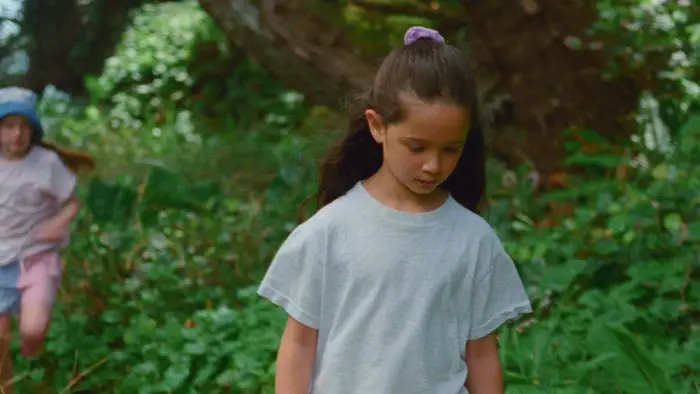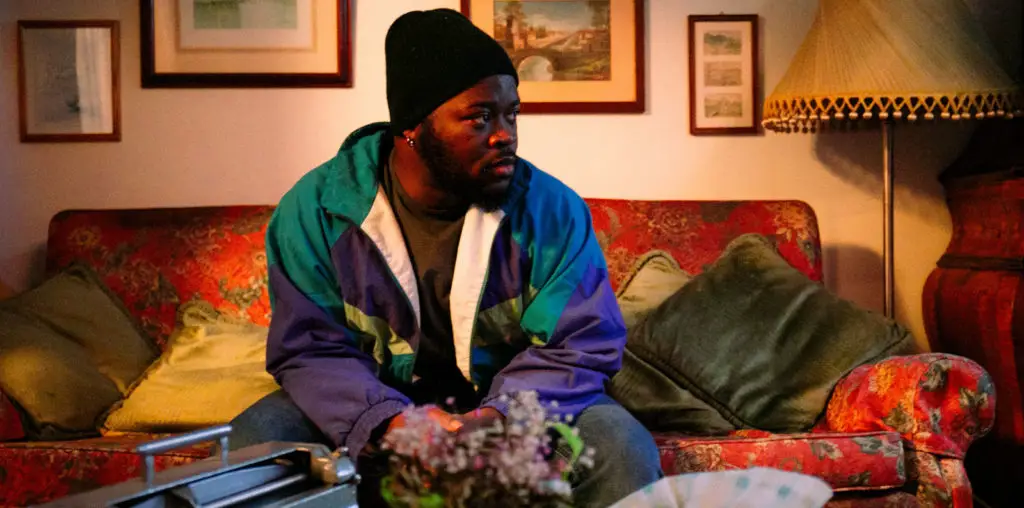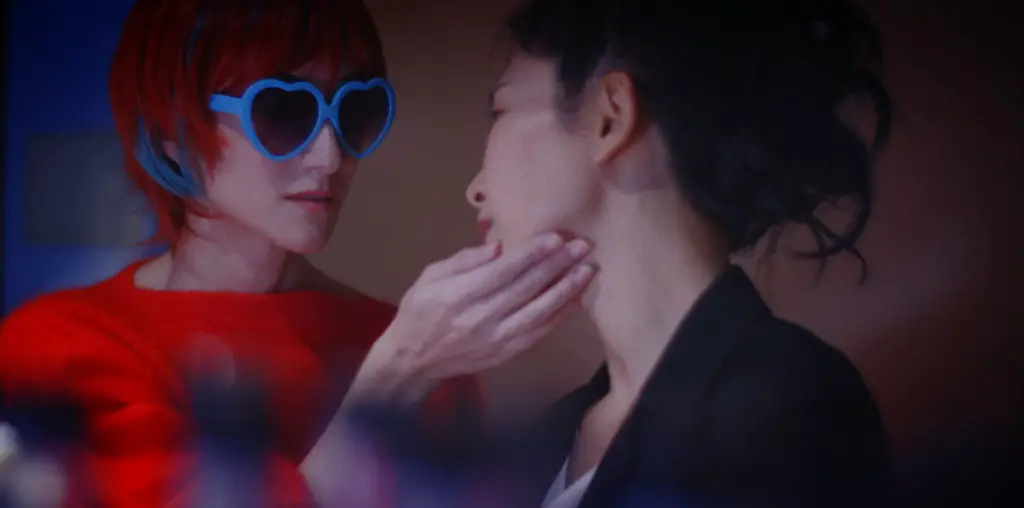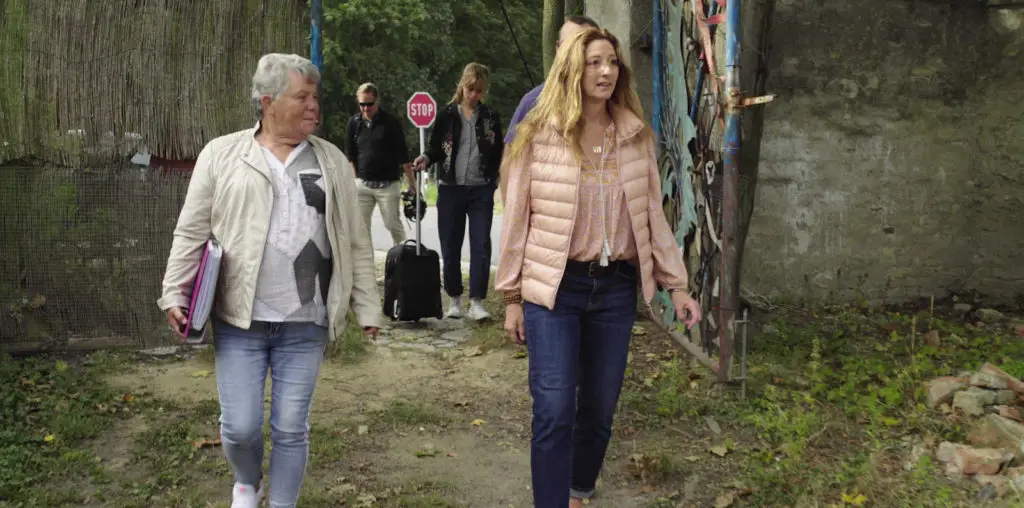
Marriage is a continuous journey, requiring compromise and ample communication before resentment boils over in an irreparable eruption of vitriol. It’s always easier said than done because the status quo feels safe and predictable, and rocking the boat becomes even more complicated when kids are in the picture. One would be hard-pressed to recall a film that is so attuned to the nuances of a marriage saddled with unprocessed grief and interpersonal turmoil than Seagrass. In her feature-length debut, writer/director Meredith Hama-Brown deftly explores the subtleties of a mixed-race family on the verge of a collapse. It’s one of the more exciting debuts in recent memory, and I’m anxious to see more from her.
Things aren’t going well for Judith (Ally Maki) and Steve (Luke Roberts), a married couple seemingly on the cusp of divorce in the wake of the death of Judith’s mother. They’re keeping it together for the sake of their children and hope that a marriage retreat on the coast of British Columbia will help the sparks fly once again. They’re accompanied by their two daughters, pre-teen Stephanie (Nyha Huang Breitkreuz) and her impressionable younger sister Emmy (Remy Marthaller). Stephanie is struggling through the early stages of the challenging coming-of-age years, whereas Remy is a shy kid starved for the attention of her family.
The marriage of Judith and Steve is contrasted by the seemingly perfect and childless couple comprised of the statuesque Pat (Chris Pang) and his stunning wife Carol (Sarah Gadon). Judith looks at their happiness, and it causes her to mourn what her marriage is lacking in terms of physical chemistry and emotional compatibility. The manner in which Hama-Brown accentuates the dichotomies between these couples serves to make their relationship seem even more hopeless. The drama highlights what their relationship is lacking in comparison to the perfect couple staying across the way.

“…what their relationship is lacking in comparison to the perfect couple staying across the way.”
The children have arcs of their own throughout Seagrass. Emmy struggles to make new friends outside of inanimate objects and potential spirits. Stephanie tries to fit in with the cool kids, though her mixed-race identity becomes an impediment to her acceptance from the white kids. This sounds like standard fare on paper, but Hama-Brown makes sure to reveal that there is more going on beneath the surface. The film separates itself from the pack with some haunting sequences that are not often seen in something of this ilk.
What starts as a standard marriage drama becomes infused with dread and building tension. It’s never easy to pinpoint the root cause, though it goes well beyond the usual verbal conflicts one sees in standard dramas. As the story progresses toward its tempestuous conclusion, one gets Bergman-esque vibes mixed with modern sensibilities. It’s truly a singular experience. The 35mm cinematography only makes it even more vibrant. I’m losing count of the recent influx of films proving that a return to celluloid would be a boon for the industry, but here’s another worthy entry.
While it’s difficult not to wish that Gadon’s character had more to do, the memorable performances, unique atmosphere, and stunning 35mm cinematography all serve to solidify Hama-Brown as an exceptional talent. She’s primed for success in a cinematic moment desperate for fresh talent. Here’s hoping her next project will be half as compelling as Seagrass. In the meantime, don’t forget to make your reservation at this retreat.

"…infused with dread and building tension."


